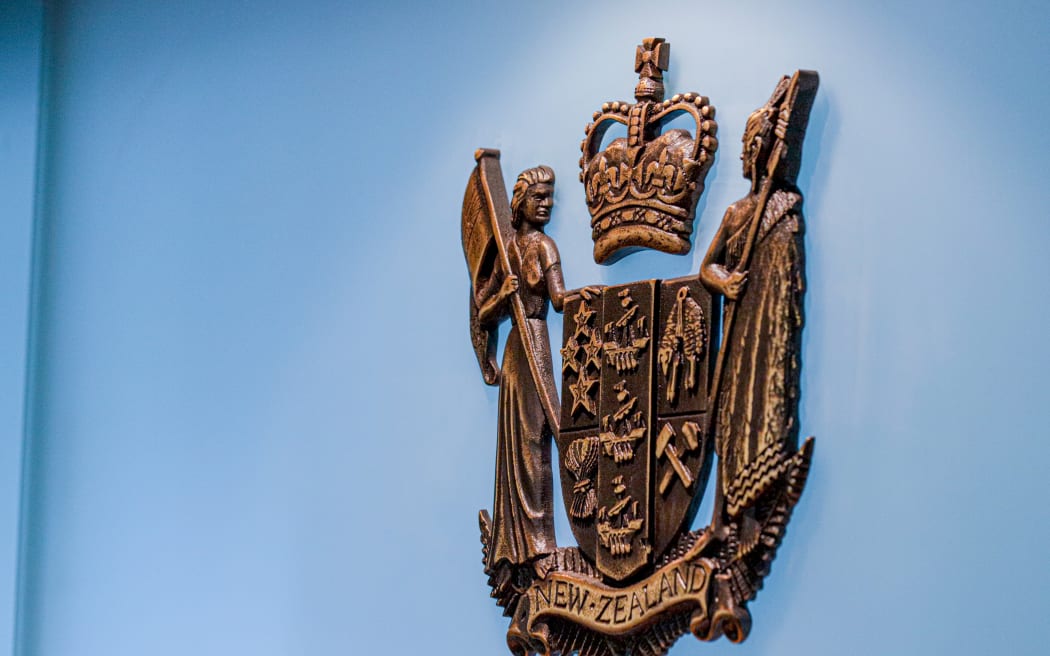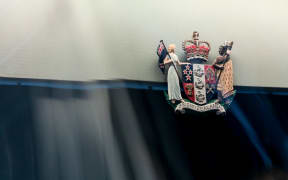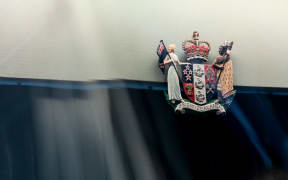
File photo. Photo: RNZ/Marika Khabazi
The watchdog looking into miscarriages of justice has launched its first inquiry into one of the systemic problems leading to wrongful convictions.
The Criminal Cases Review Commission Te Kāhui is investigating how eyewitness evidence is used to identify people.
The agency receives applications from people who believe there has been a miscarriage of justice and then decides whether to investigate. It has the power to refer cases back to the courts to be reconsidered.
The commission said several applications it has received during its first three years of operation involved problematic eyewitness evidence, including two of the three cases it has ordered the courts to reconsider.
In December 2023, Te Kāhui referred the rape and murder convictions of Mikaere Oketopa back to the courts. In January 2024, it did the same for a case involving indecent acts that took place in 2015.
"A key issue in both of these referrals was the reliability of eyewitness identification evidence," the commission said.
Unreliable identification also factored in high-profile wrongful conviction cases like George Moulden, David Dougherty, Teina Pora, and most recently Alan Hall, it said.
"Scientific research related to eyewitness identification and the reliability of memory has grown significantly in recent years creating opportunities for meaningful change."
The inquiry would examine whether factors like cross-racial identification, social media contamination and police procedures led to unreliable evidence, the commission said. It would be run by a panel with extensive academic and professional expertise.
"The purpose of the inquiry is to open discussion on eyewitness identification evidence in Aotearoa and its potential contribution to miscarriages of justice and wrongful conviction in Aotearoa. The inquiry will review and analyse whether current procedures reflect best practice, and if improvements can be made. There will be an examination of cases where eyewitness identification issues have been raised," Te Kāhui said.
A preliminary report was sent to government agencies, academic institutions, and professional bodies in April 2023, and work on the inquiry began in February 2024. An issues paper will be released for public consultation in mid-2024.
A final report, including recommended changes, would be presented to the Minister of Justice for tabling in Parliament by the end of June 2025.




